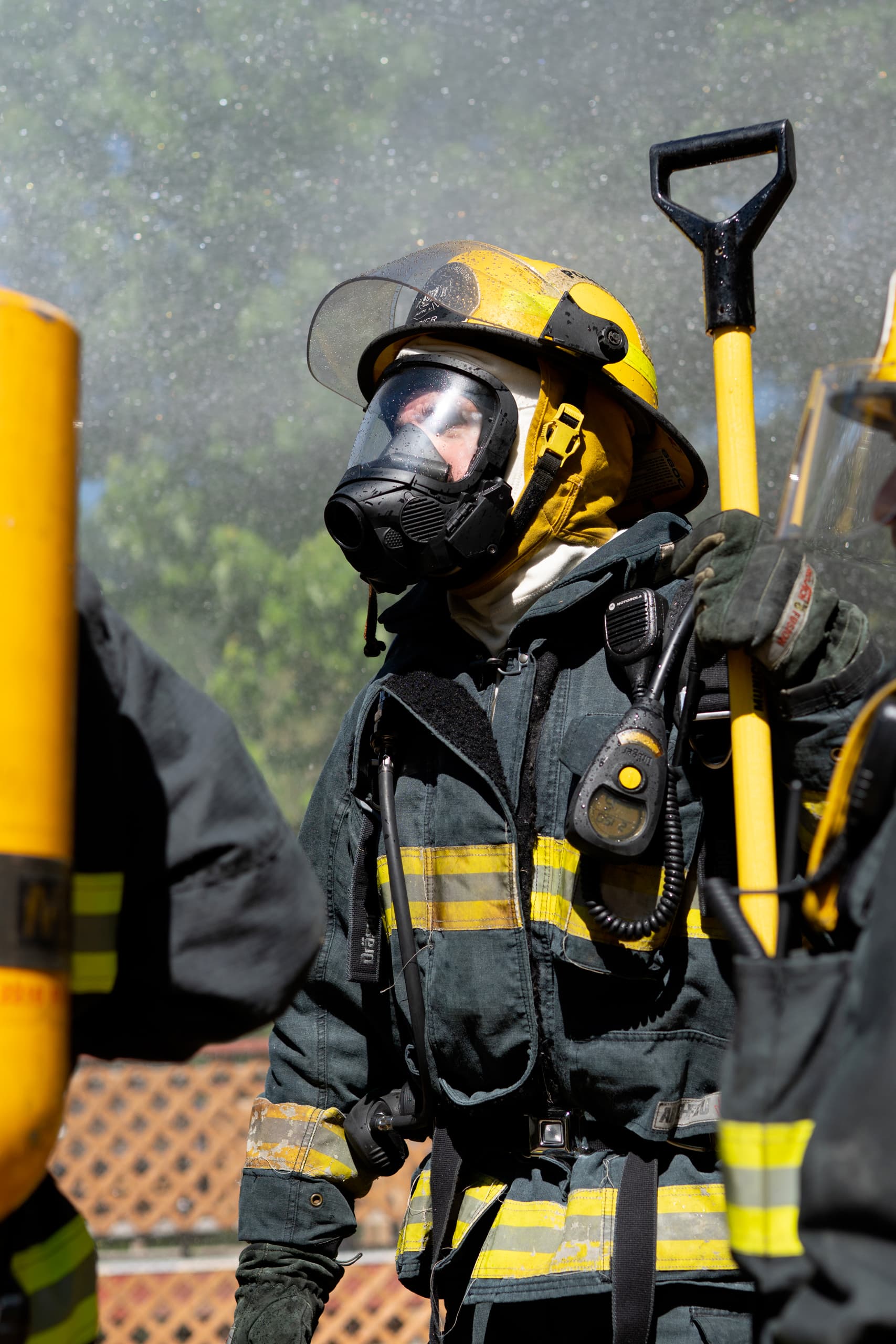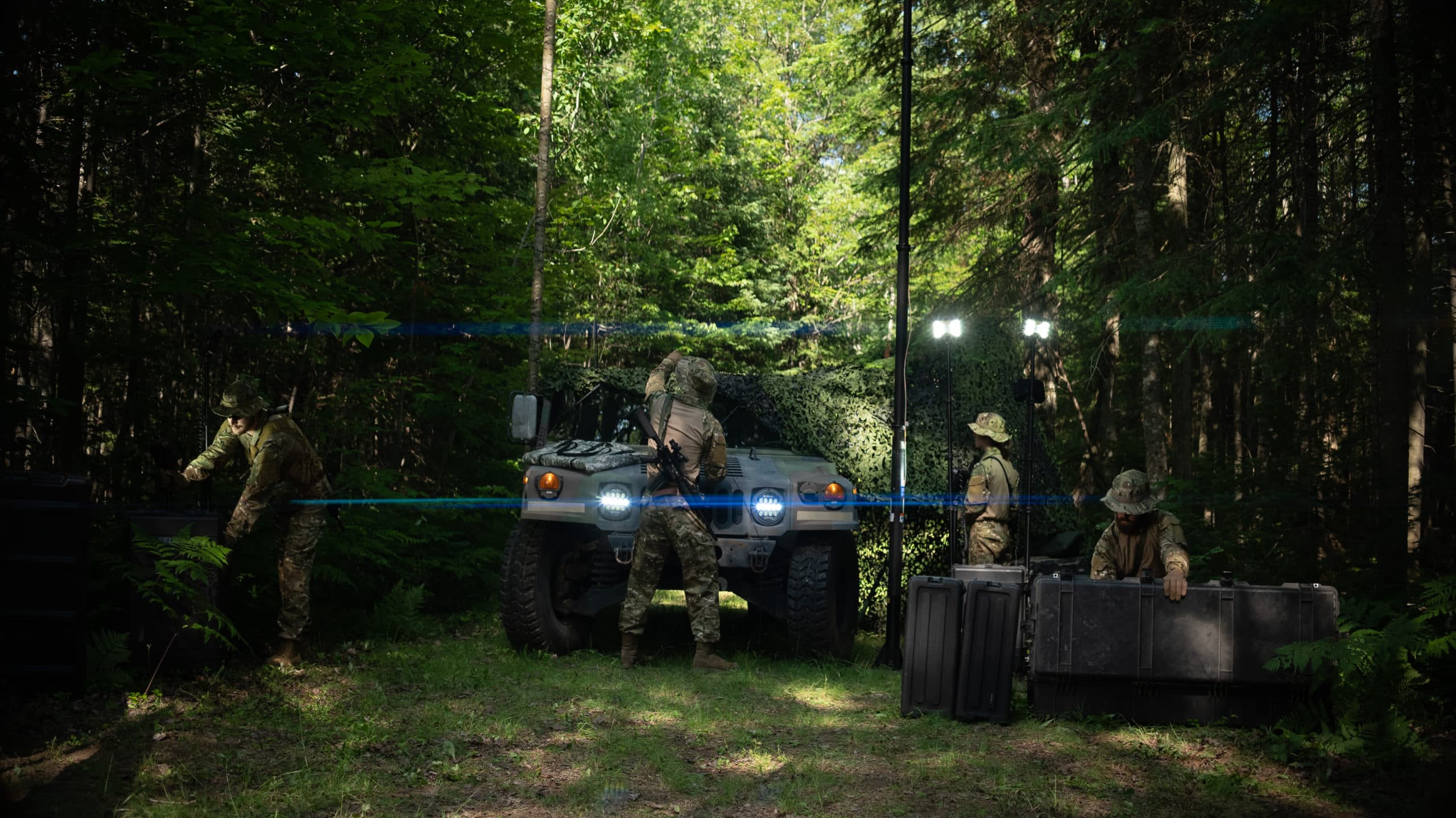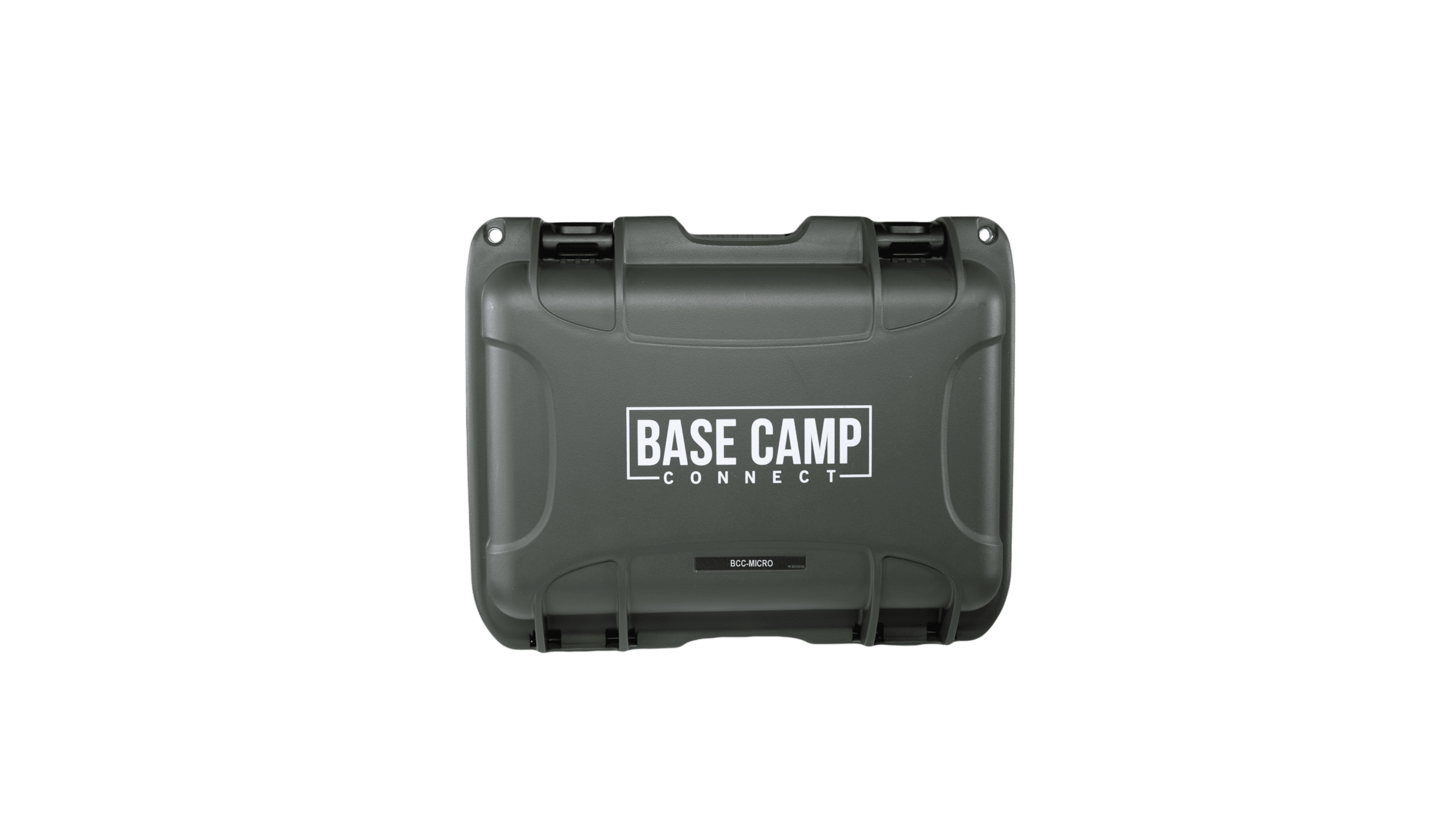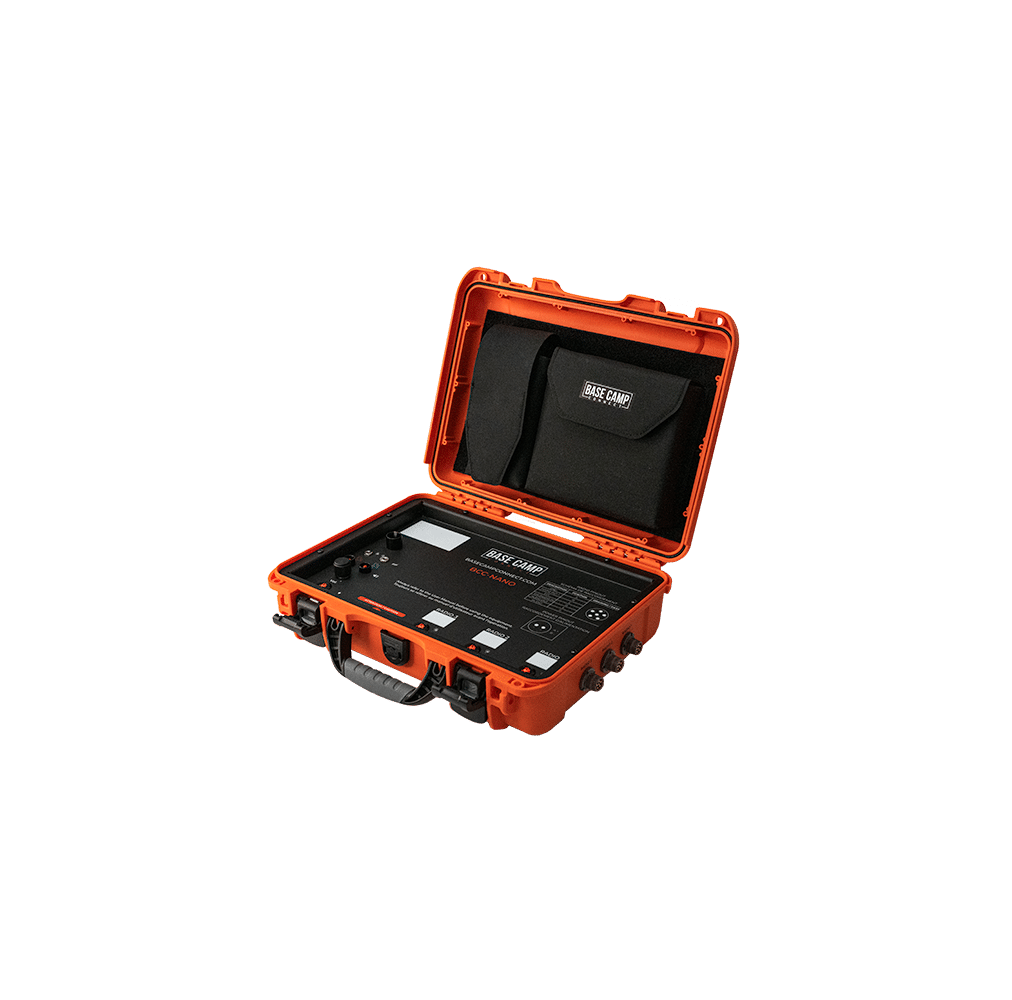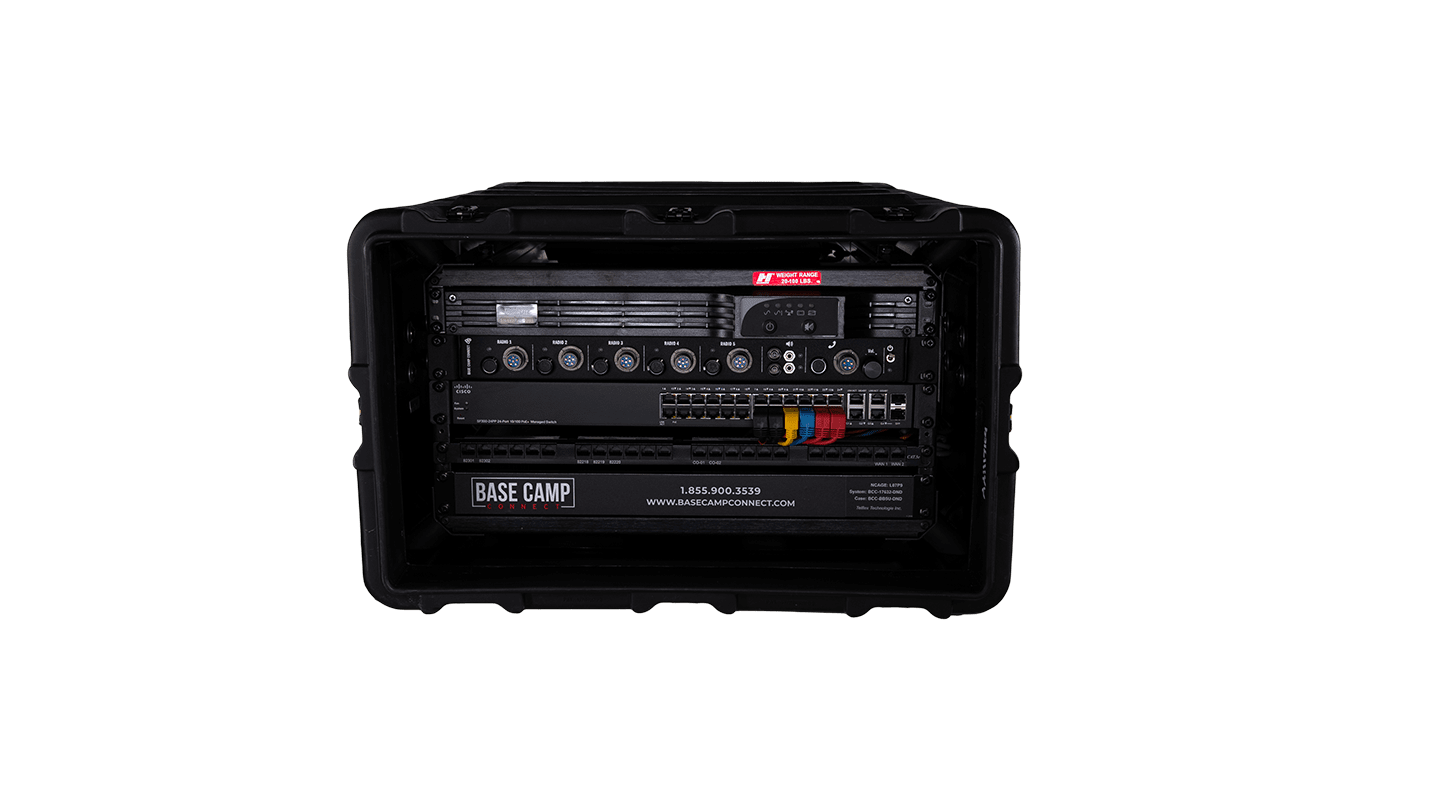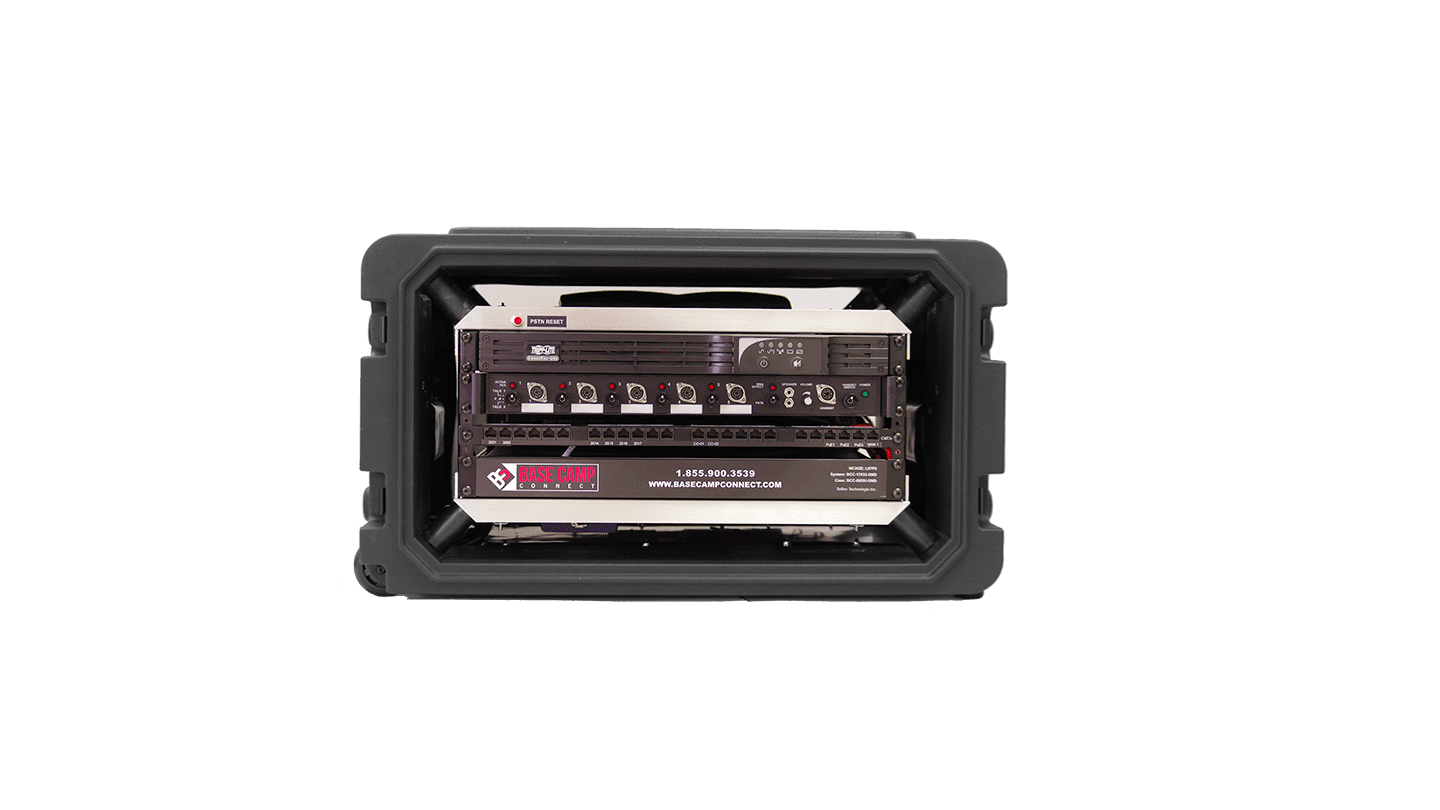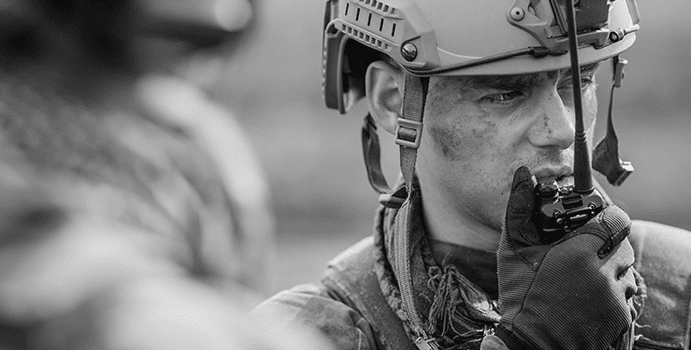As you know, tactical communications are one of the biggest challenges during coalition exercises. This is why we have chosen these articles that every military should read. Let us know in the comments which is your favorite article.
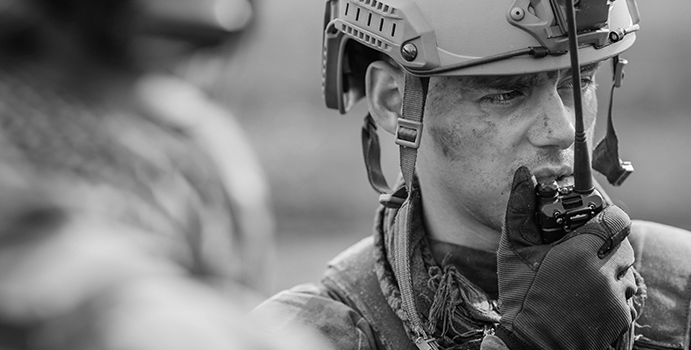
In combat, communication is an underappreciated variable. Use it well, and you can achieve objectives faster and at a lower cost of operation. If it is disrupted, expect a far greater struggle to reach your goal. Once you add the complexity of coalition operations to the story, communication becomes even more critical.
Your coalition defense efforts have a vulnerability. This weakness has nothing to do with your weapons. It has nothing to do with your training though inadequate training makes it worse. Poor coalition communications processes and equipment are quietly holding your effectiveness back. Unless this problem is fixed, you are going to suffer slower response times, political difficulties and more causalities.
Ensuring secure voice, data and radio communications between NATO allies in a common theatre of operation can be a difficult, even impossible task in forward operations. As encryption codes are secret, country-specific and are not shared, collaborating without risking eavesdropping from unwanted entities is a real threat.
During World War Two, the Allies had a decisive information advantage over the Axis. They had broken the German and Japanese encryption! That’s an advantage that you cannot afford to cede to your enemies. That kind of one-sided intelligence advantage is unlikely to occur again due to advances in encryption and code-breaking.
Achieving strong encryption requires constant effort. To achieve consistent protection, work on adopting these practices as part of your standard operating procedures.
There’s much hype around quantum computing and quantum cryptography. That doesn’t mean you should write off these technologies as unimportant. Instead, take a few minutes to understand the basics, how it can improve your security and how to get started.

